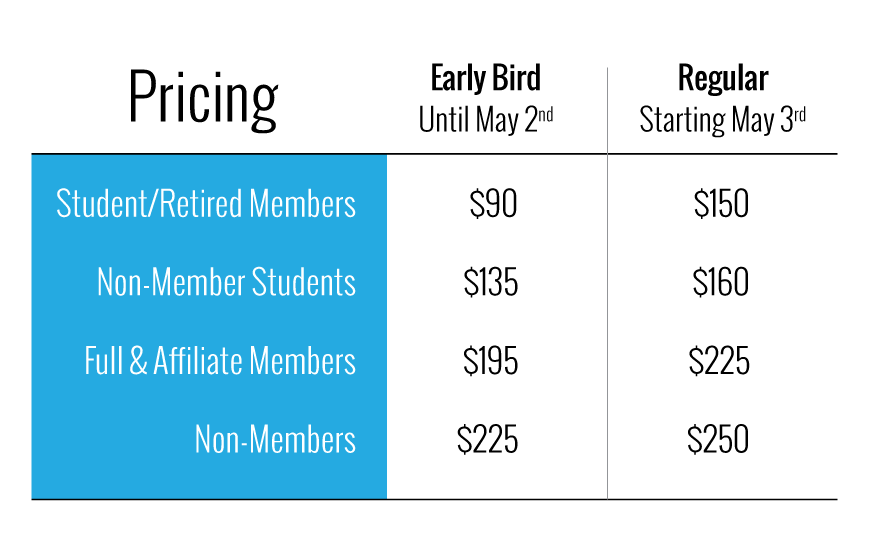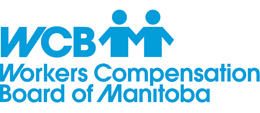
Speaker Bio
Synopsis
A term that might summarize these separate approaches might be to call them Contextual Cognitive Behavioral Therapies or CCBT. These therapies are relatively distinctive in the processes they target and in another respect. In order to create the radical changes these therapies are designed to achieve, these processes need to appear on both sides of the therapeutic interaction. In other words these treatments are most effective when both the provider and the receiver of treatment increasingly reflect the same acceptance, clear values, awareness, and flexible engagement in their behavior.
This workshop will focus on practical methods for developing these qualities in our behavior and in others, organized primarily around the model of psychological flexibility, the model underlying Acceptance and Commitment therapy. It will also focus mostly on chronic pain and other physical health applications, areas where these approaches are well-developed and where they have significant evidence.
Learning Objectives
Participants in this workshop will…
- Gain a basic conceptual understanding of the psychological flexibility model.
- Understand the current level of evidence for Acceptance and Commitment Therapy (ACT) for chronic pain and related conditions.
- Obtain experience in applying experiential methods for increasing psychological flexibility in our own and others’ behaviour.
Tentative Program Schedule
08:00 – Registration & Breakfast
09:00 – Workshop begins
10:30 – Break
12:00 – Luncheon (served on-site)
13:00 – Workshop continues
14:30 – Break
16:30 – Concluding remarks

Registration has ended for this event
Policies
- Up to and including May 2, 2014: Full refund minus 10%.
- After May 2, 2014: No refund for cancelled registration.
- MPS reserves the right to cancel the conference at any time due to unforeseen circumstances.
- Liability is limited to refund of conference fee only.
- Early registration must be postmarked before May 3, 2014.



